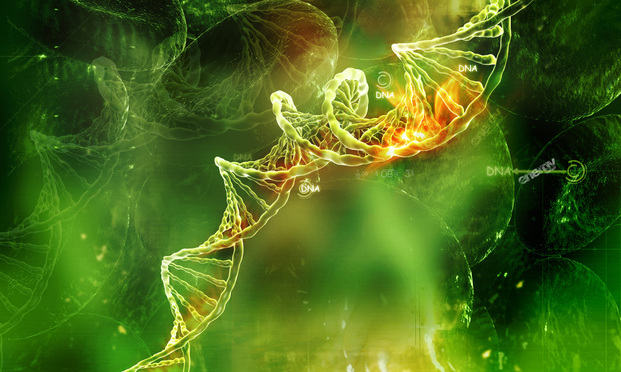Every day, nanotechnology, the miniaturization of particles in the industrial and manufacturing process down to a billionth of a meter in size, is changing the way we live and work—starting with the food we consume, the cars we drive and the medicines we are developing. After many years of basic nanoscience research and focused R&D under the National Nanotechnology Initiative (NNI), nanotechnology aims to revolutionize industries with applications for medicine, vaccines, food safety, environmental science, energy, information technology, homeland security and transportation. As we look to recover from the first wave of the global pandemic and prepare for a potential second wave, no matter who wins the November elections in the United States, nanotechnology will play an important role.
What Is It?
Nanoscience and nanotechnology are the studies and applications of things as tiny as a billionth of a meter in size, which are then used across the scientific fields of chemistry, biology, physics, materials science, and engineering for industrial purposes. The quantum mechanical effects across these scientific fields give rise to the “fourth industrial revolution,” the paradigm-shifting movement coined by World Economic Forum founder Klaus Schwab that changes the way we live and work, as the physical, digital and biological spheres of science and engineering converge.







